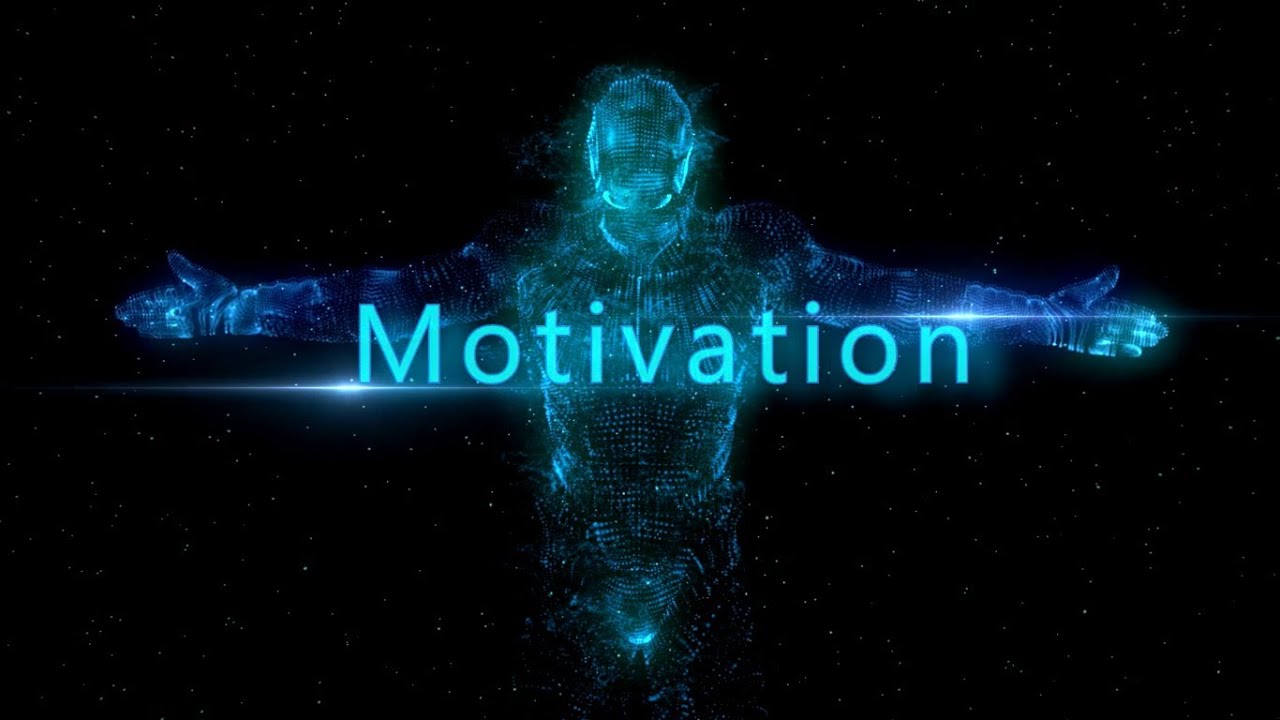This month I've been writing about the importance of being an effective leader utilizing emotional intelligence during the COVID-19 pandemic. One of the key components of EQ that we haven't covered yet is motivation. Daniel Goleman writes that motivation is "a variety of self-management, whereby we mobilize our positive emotions to drive us towards our goals." That drive – that passion – is framed by achievement.
We are all motivated by different things, including external factors, but Goleman argues that "those with leadership potential are motivated by a deeply, embedded desire to achieve for the sake of achievement." Do you identify yourself as being motivated by your internal drive? Or are you motivated by the drive that comes from achieving "external rewards?" If you are motivated by the job itself, this is intrinsic motivation. Being primarily motivated by money, affirmation, prestige is called extrinsic motivation.
You might ask why I keep focusing on this platform of EQ and its different components at this time of a global pandemic? Keeping your team motivated and engaged while working from their home, when they are accustomed to working at their work office can be challenging. Many leaders of others have been using video conferencing not just to conduct business, but also to maintain the esprit ’de corps among the team. Having lunch together, after hours happy hours and trivia games are being conducted via Zoom these days. Now I can’t say all the introverts are bought into these teaming activities! So, back to the topic at hand…Goleman acknowledges that having self-awareness and motivation to achieve job success is critical.
Do you wonder why this is so important? Below are three examples of motivation at work:
-
Problem solving: Are you motivated to solve problems? Do you motivate your team to find problems and look for effective solutions? Let’s face it, finding solutions is a part of every leaders’ job. If you find this intrinsically dissatisfying, you’re in the wrong job.
-
Manage your emotions: 90% of top performers capably manage their emotions. Yes, we all undergo stress with our jobs but are you self-aware enough to manage your stressors real time? Remember, your employees are watching you all the time! Being motivated to be a reliable leader does make a difference in your everyday relationships at work.
-
Being responsive to your employees: How much of a "yes person" are you? Saying yes isn't necessarily a bad thing but are you also motivated to push back? More importantly are you motivated to understand other points of view from your team and use their ideas on a regular basis? Understanding their motivational needs is critical to engagement and performance.
Understanding motivation matters. Look at your team. Look at yourself. Do you see a motivation connection between your team and yourself to drive success? Being in touch with the motivators for each of your team members can make a difference in their level of engagement and motivation during this COVID-19 crisis. Let me know if you need tips with this dimension of emotional intelligence.

